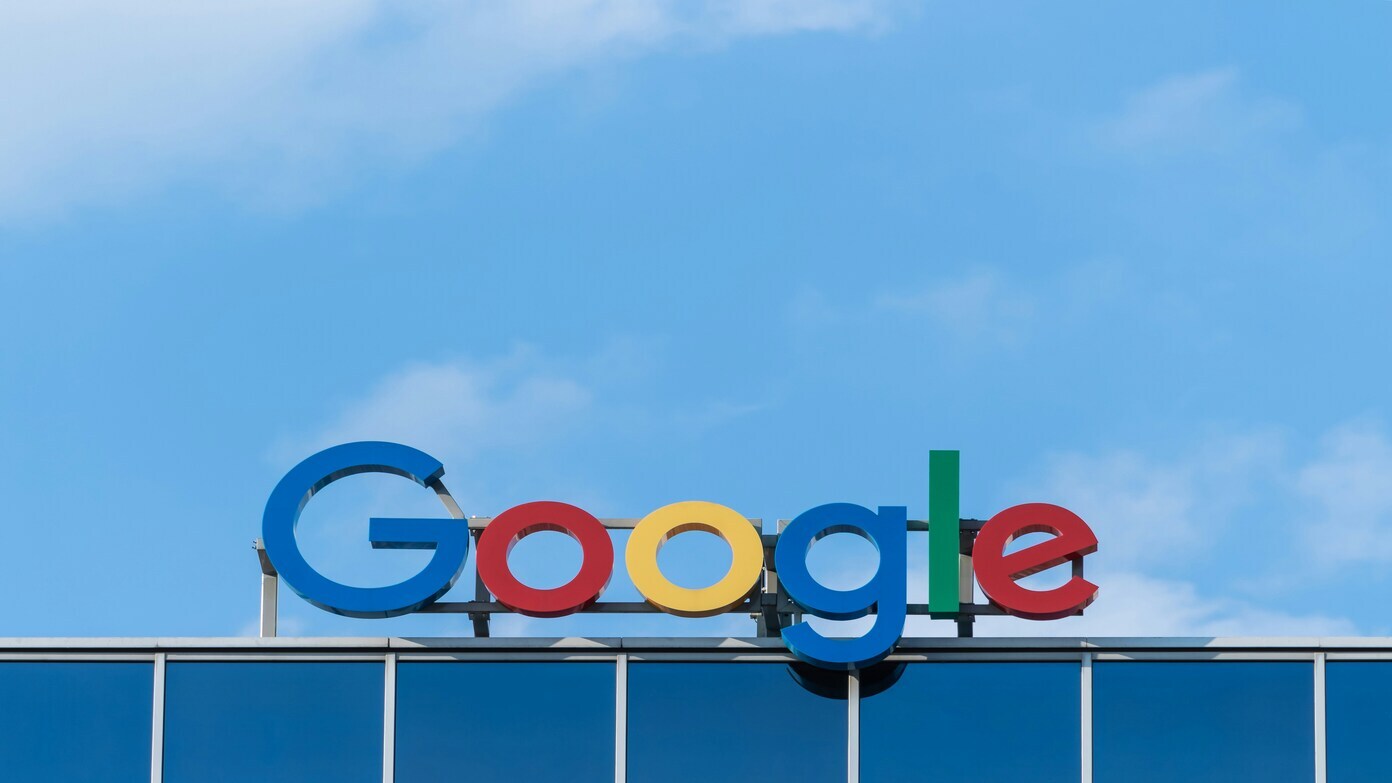What happened in court
Google has been ordered to pay a whopping $425.7 million after a federal jury in San Francisco found the company guilty of improperly tracking smartphone users. The case covered about 98 million smartphones in the U.S. between July 2016 and September 2024.
The lawyers behind the lawsuit argued that Google secretly collected user data—even when people thought their privacy settings were keeping them safe. That data was then allegedly used to sell targeted ads, which earned Google billions of dollars.
For everyday people, the numbers sound huge. But when you break it down, the payout equals about $4 per device. That has left many wondering whether there will actually be a check in the mail.
Google says the jury got it wrong
Google, of course, doesn’t agree with the ruling. A company spokesperson, Jose Castaneda, said,
“This decision misunderstands how our products work, and we will appeal it.”
Google insists its tools already give people control over their privacy and that the company respects user choices when personalisation is turned off. But the jury didn’t buy that story, deciding the company crossed the line under California privacy laws.
This isn’t the first time Google has faced lawsuits over how it handles data. But the size of this fine makes it one of the most significant privacy cases in years.
How much money are we talking about?
The lawyers for the plaintiffs originally pushed for damages over $30 billion, saying Google’s actions led to massive profits from ads. The jury, however, landed on a far smaller figure — $425.7 million.
That still sounds like a mountain of money, but compared to Google’s yearly revenue (over $300 billion in 2024), it’s more like loose change in their sofa cushions.
Even so, privacy lawyers are calling the verdict a win. Attorney John Yanchunis, who worked on the case, said the result sends a clear message:
“Americans will not sit idly by as their information is collected and monetised against their will.”
Will users get a payout?
Here’s the question on everyone’s mind: if you owned one of those 98 million smartphones, do you get money?
Since this was a class-action lawsuit, the damages are supposed to be spread out among affected users. But after attorney fees and court costs, the actual payout could be very small—maybe only a few dollars per person.
So yes, technically users might get something, but don’t start shopping for a new iPhone just yet.
A tough week for Google
This privacy case wasn’t the only legal headache for Google. Just one day before the verdict, the company also faced the U.S. Department of Justice in an antitrust trial.
The government accused Google of running an illegal monopoly with its search engine and asked the court to break up the company. The judge didn’t go that far but did order Google to share some of its search data with competitors.
That means Google walked away from the antitrust fight with less damage — but then immediately got slammed with this $425.7 million privacy ruling. Not exactly the best week for the tech giant.
What this means for you
For regular smartphone users, this case is a reminder of just how much of our lives are being tracked, stored, and monetised. Even when you think your privacy settings are on, companies may still find ways to collect data.
It also shows that courts are finally starting to hold big tech accountable, even if the fines look small compared to their massive profits.
As for whether you’ll get a piece of the payout? Keep an eye on the settlement details. But at best, you’re probably looking at enough money to grab a cup of coffee—ironically, while scrolling on your Google-tracked phone.
Read this later:
Popular Mexican restaurant chain goes bankrupt after years of expansion
Good news for LA pizza fans: Round Table serves up National Cheese Pizza Day deal

